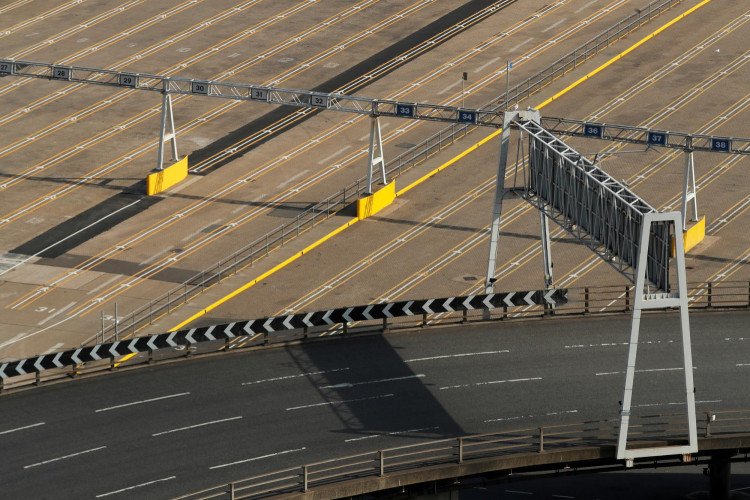Britain is shelling out $890 million (705 million pounds) on border infrastructure works to help keep trade flowing smoothly after its transitional agreement with the European Union expires at the end of 2020, Cabinet Secretary Michael Gove disclosed late Sunday.
The funding will include around 470 million pounds to construct inland and port infrastructure, which includes the southeast part of England to serve key cargo routes to France.
The funding will only be for the boundary between the European Union and Great Britain. Spending on the Northern Ireland-EU border will be disclosed later, the government said.
Britain, which is still engaged in discussions with officials of the EU with regards to a post-Brexit trade accord, said it would soon outline in detail how the British-EU border would operate.
Gove said the UK is taking back control of its borders and will leave the single market and the customs union by the end of 2020 to bring both changes and opportunities for which the two sides need to prepare.
The funding package comes in advance of a public information drive in which recommendations will be given to traders and haulers that will explain what exactly they would need to undertake in preparation for the end of the transition period.
Gove stated that progress is being made on a trade agreement with the EU, but that differences between the two parties remain. Despite worries expressed by International Trade Secretary Liz Truss, Gove insisted that Britain's borders would be ready by the end of the transition period.
Gove pointed out that the funding would help the UK seize the opportunities post-Brexit. The UK abandoned the EU on January 31 and is now in an 11-month transition period, during which current trading policies and membership of the customs body and the one-market apply.
What the UK's ties with the EU will look like when the transition period ends depends on whether a trade accord is reached. Northern Ireland will continue to stick to some rules imposed by the EU on agricultural and manufactured products even after the transition period.
Meanwhile, the Sunday Telegraph disclosed that Chancellor Rishi Sunak could carry out tax reductions and restructure planning laws in up to 10 new freeports, where UK taxes and tariffs would not apply.
The paper added that the ports will be fully operational within 18 months of the UK exiting the customs union and single market at the end of the year.






